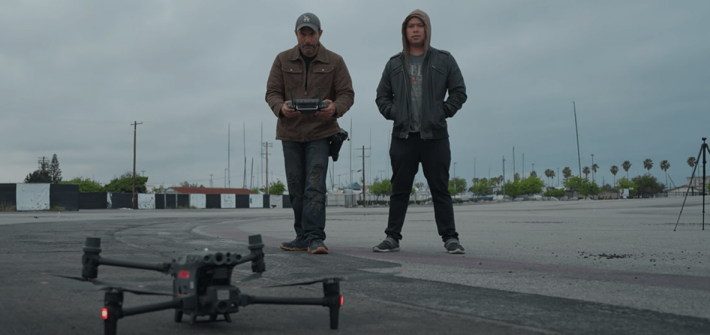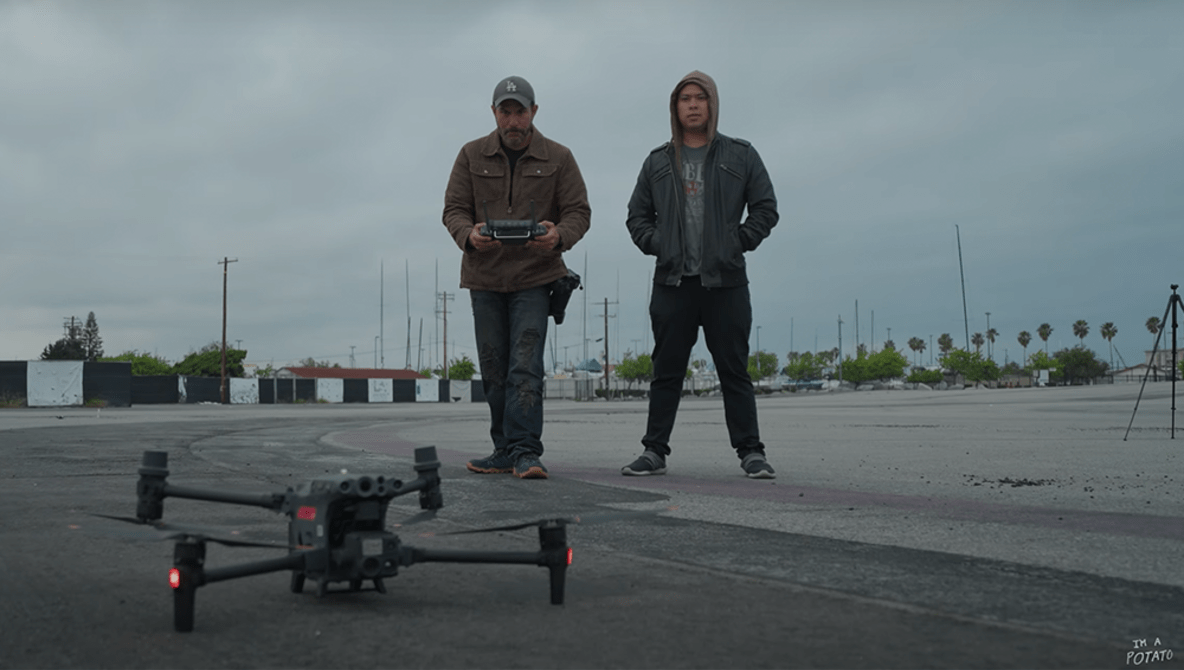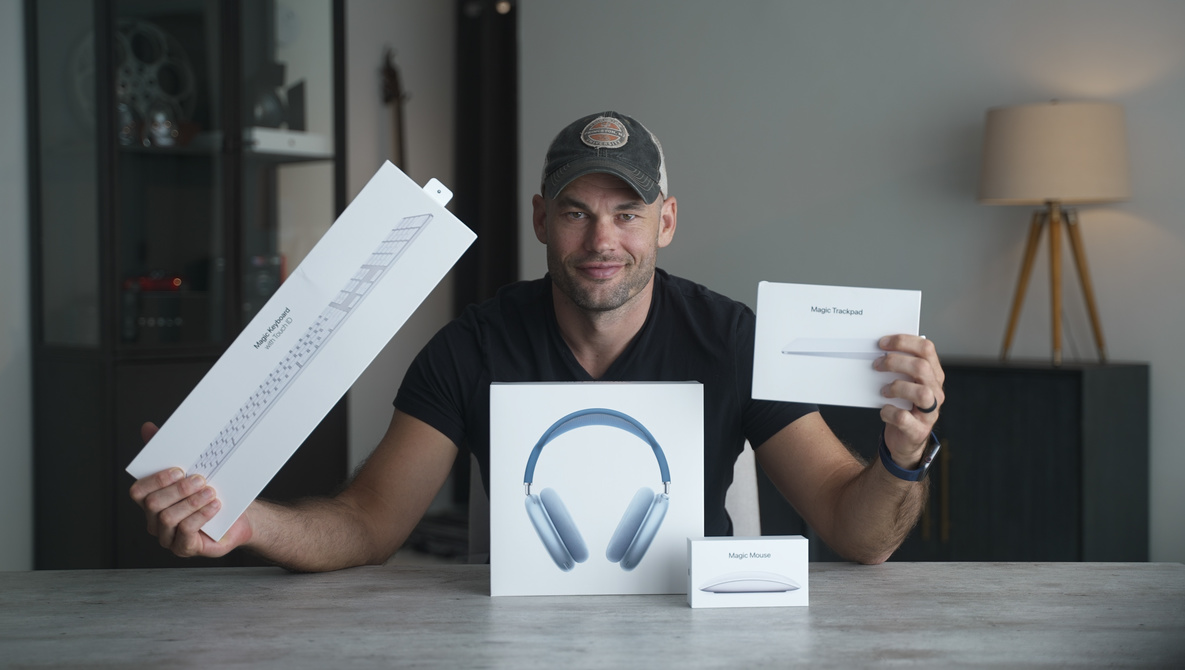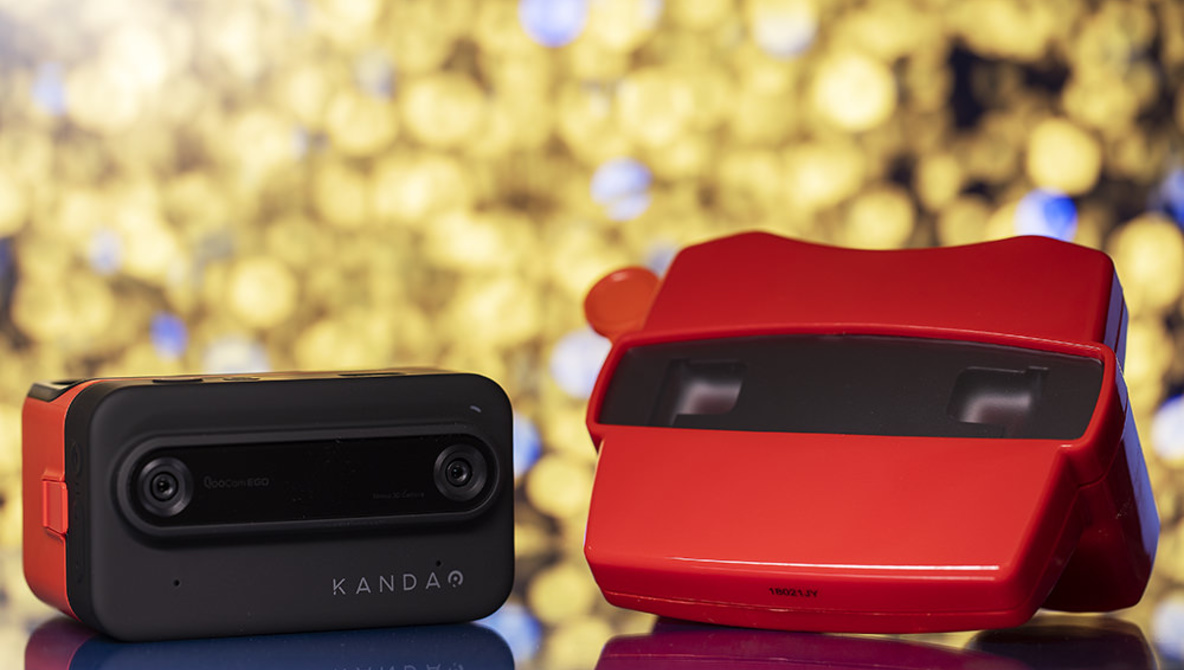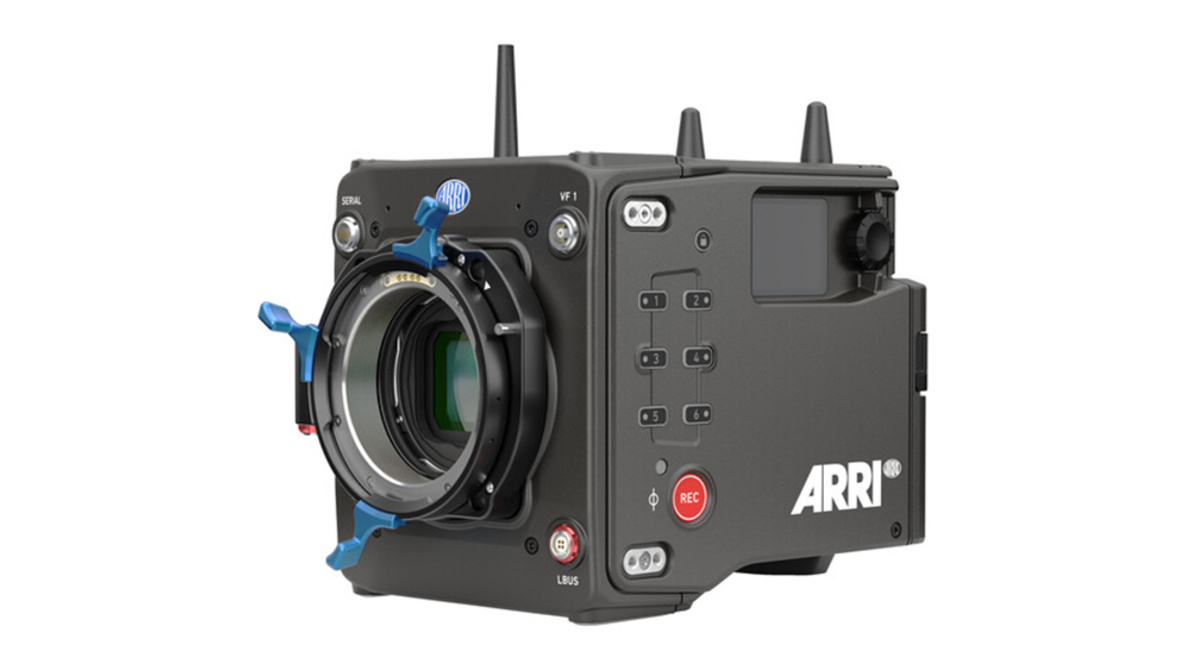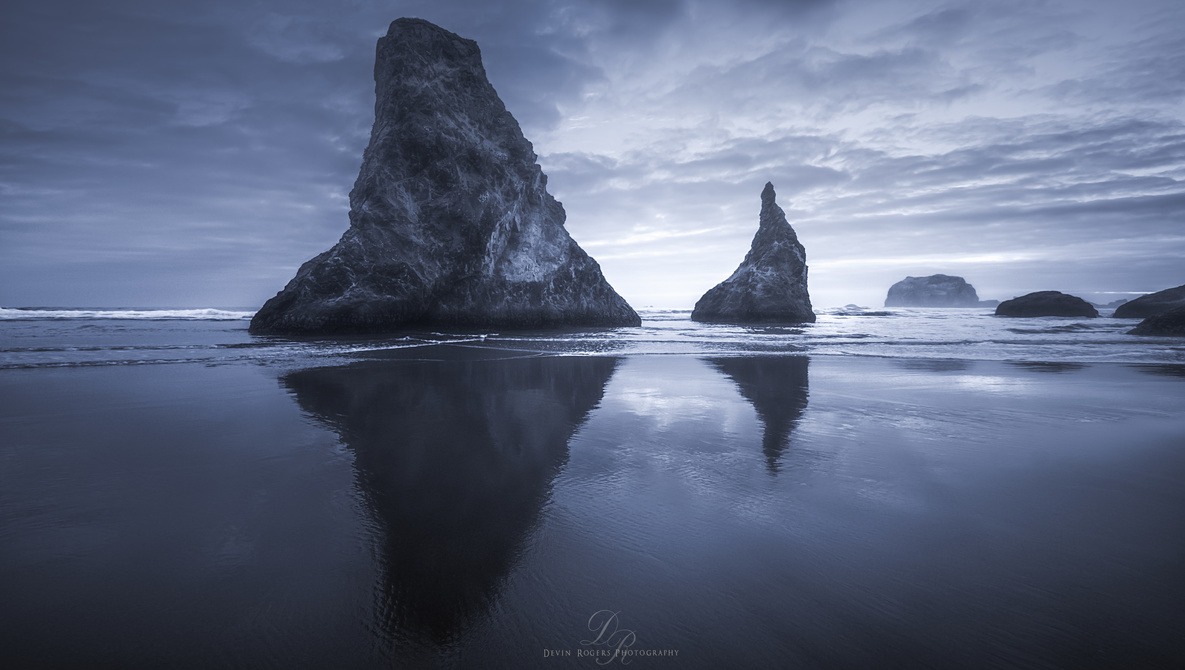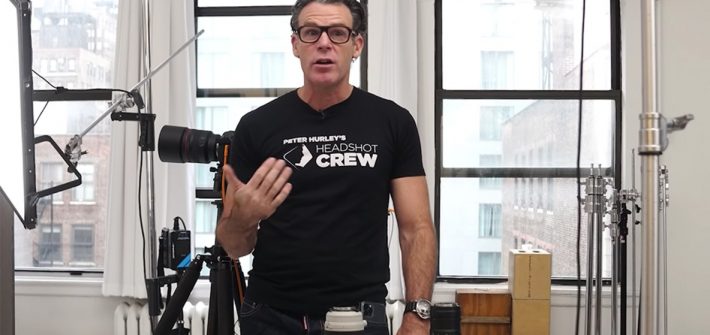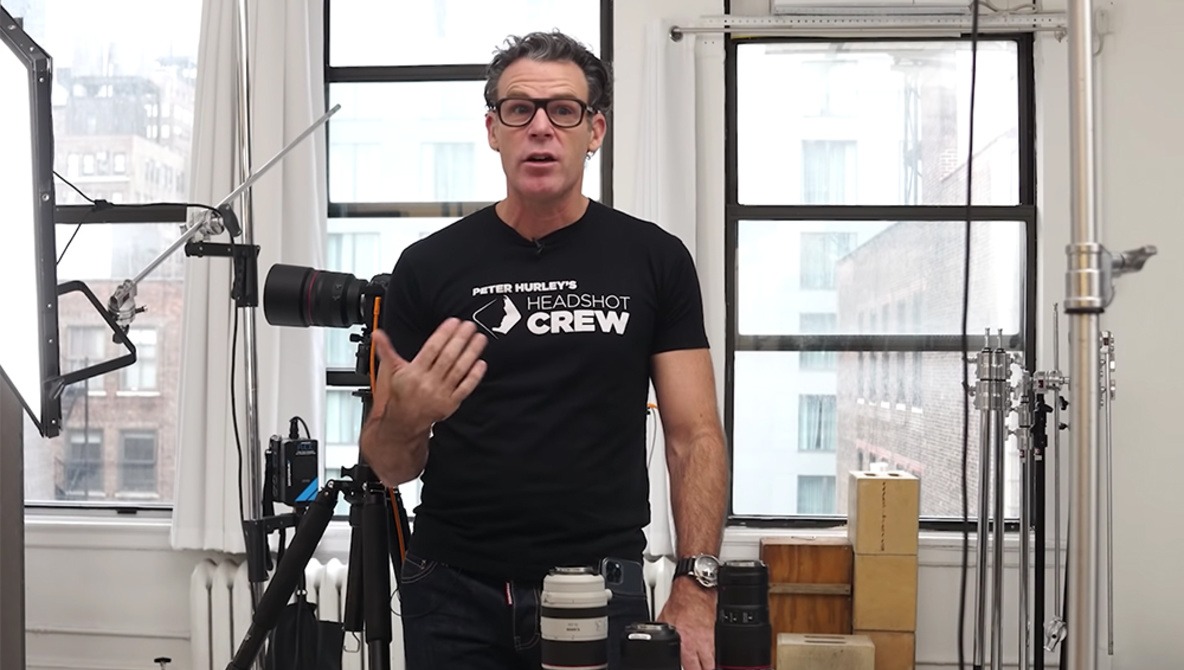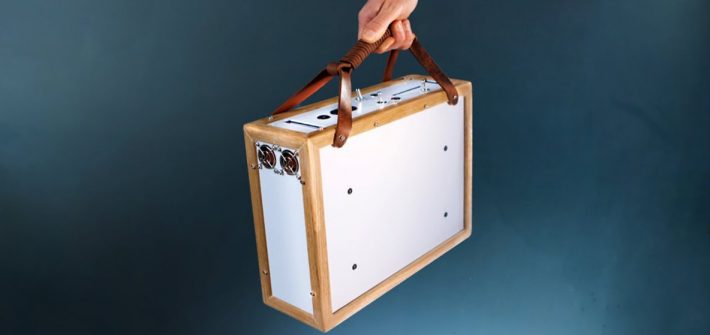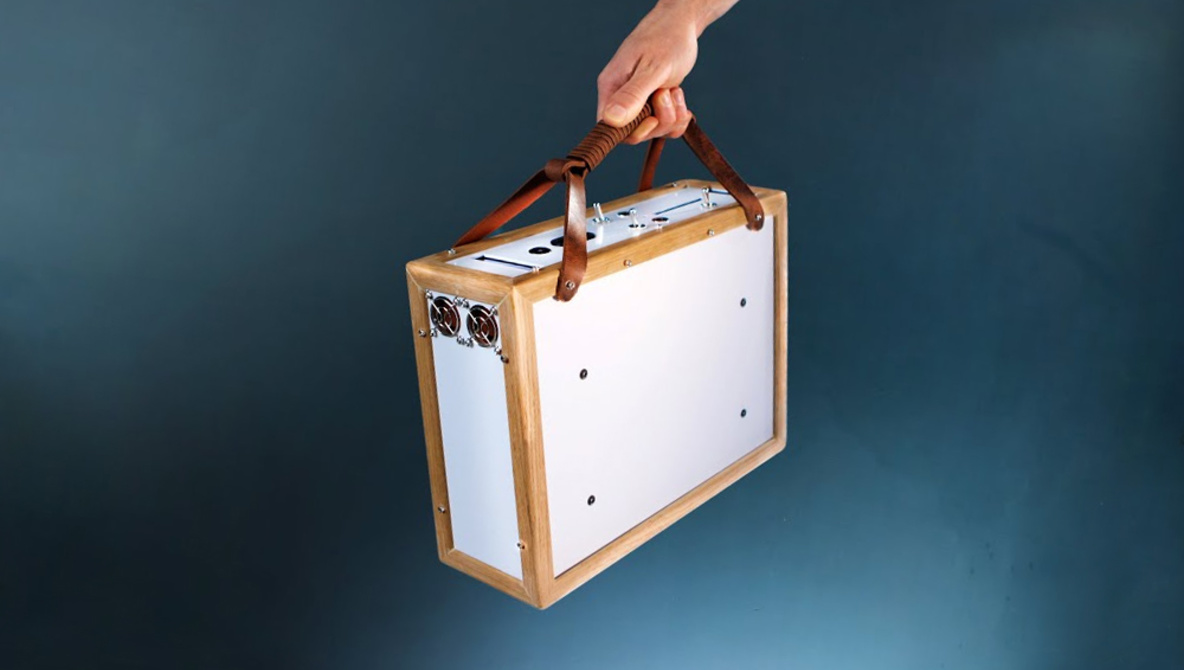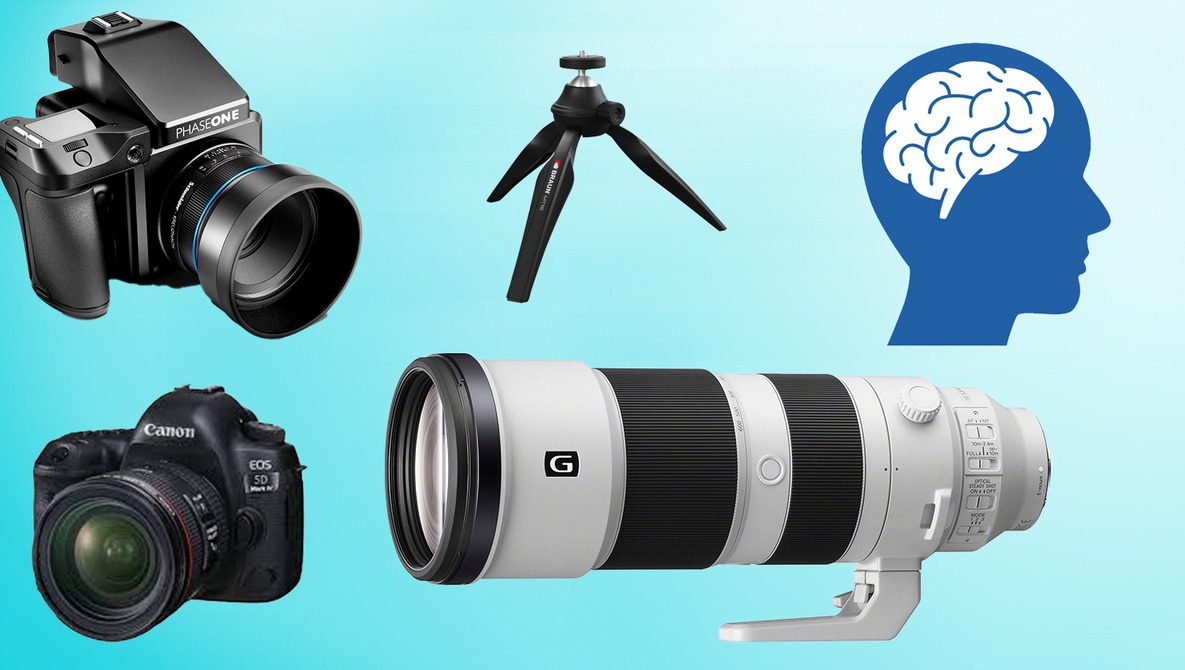Most people are familiar with DJI’s consumer drones, but beyond those, the company also makes some impressively powerful and specialized enterprise drones. The Matrice 30 Enterprise is the latest at that level, and it offers some impressive new features. This great video takes a first look.
Sponsored
New Mac User Tries Apple Accessories for the First Time
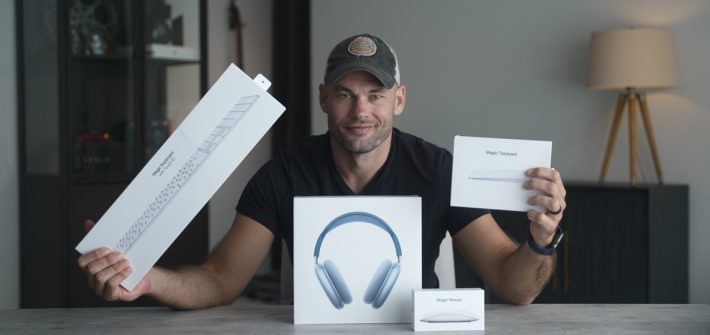
I recently switched from a Windows desktop to a Macbook Pro, but I still haven’t tried many of the Apple accessories that Mac users swear by. In this video, I try out the AirPods Max and the Magic Keyboard, Trackpad, and Mouse for the first time.
Fstoppers Reviews the Kandao QooCam EGO: Capturing 3D Magic, but With a Fatal Flaw
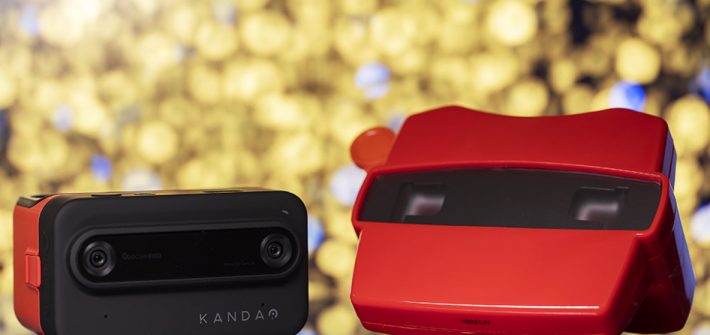
Anybody of a certain age remembers the ViewMaster, a favorite childhood toy that read circular reels through a bright red stereoscopic viewfinder, rendering images from those reels in vivid, 3D detail. If nothing else, the color of Kandao’s new QooCam EGO viewfinder gives away that someone at that company has fond memories of the ViewMaster.
5 Things I Look for in a Cinema Camera
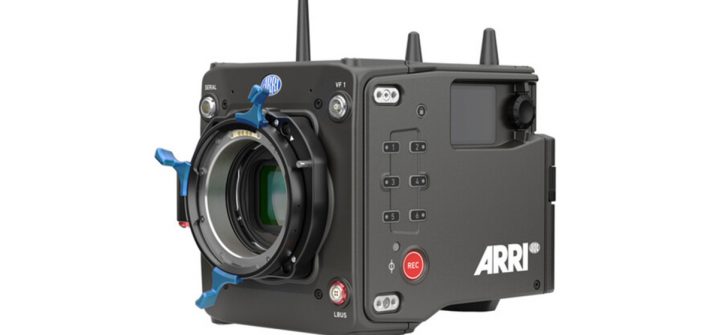
The definition of a “cinema camera” seems to be ever evolving. So what are some of the things that set them apart from mirrorless?
ACDSee Ultimate 2023 Brings Huge Updates and New Features

ACDSee is becoming a household name in the photography industry. The latest software from the company boasts a whole host of incredible new features.
10 Pro Tips for Photographing Landscape Reflections
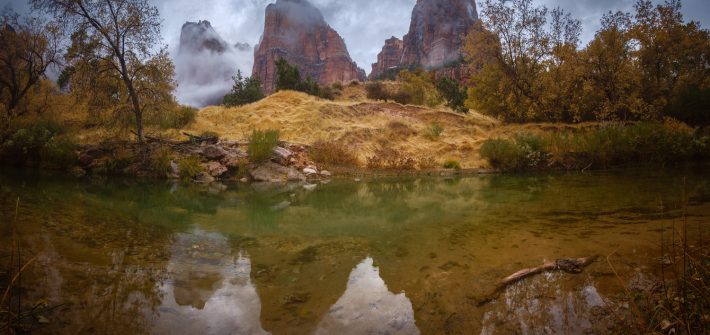
As landscape photographers, one skill that always requires honing is composition. Essentially, we seek to find a bit of beauty in the chaos of nature and then capture it in a frame. Finding and capturing reflections is a great way to portray order and symmetry. Here I’ve compiled some tips and tricks that can help you master your reflection compositions.
![]()
